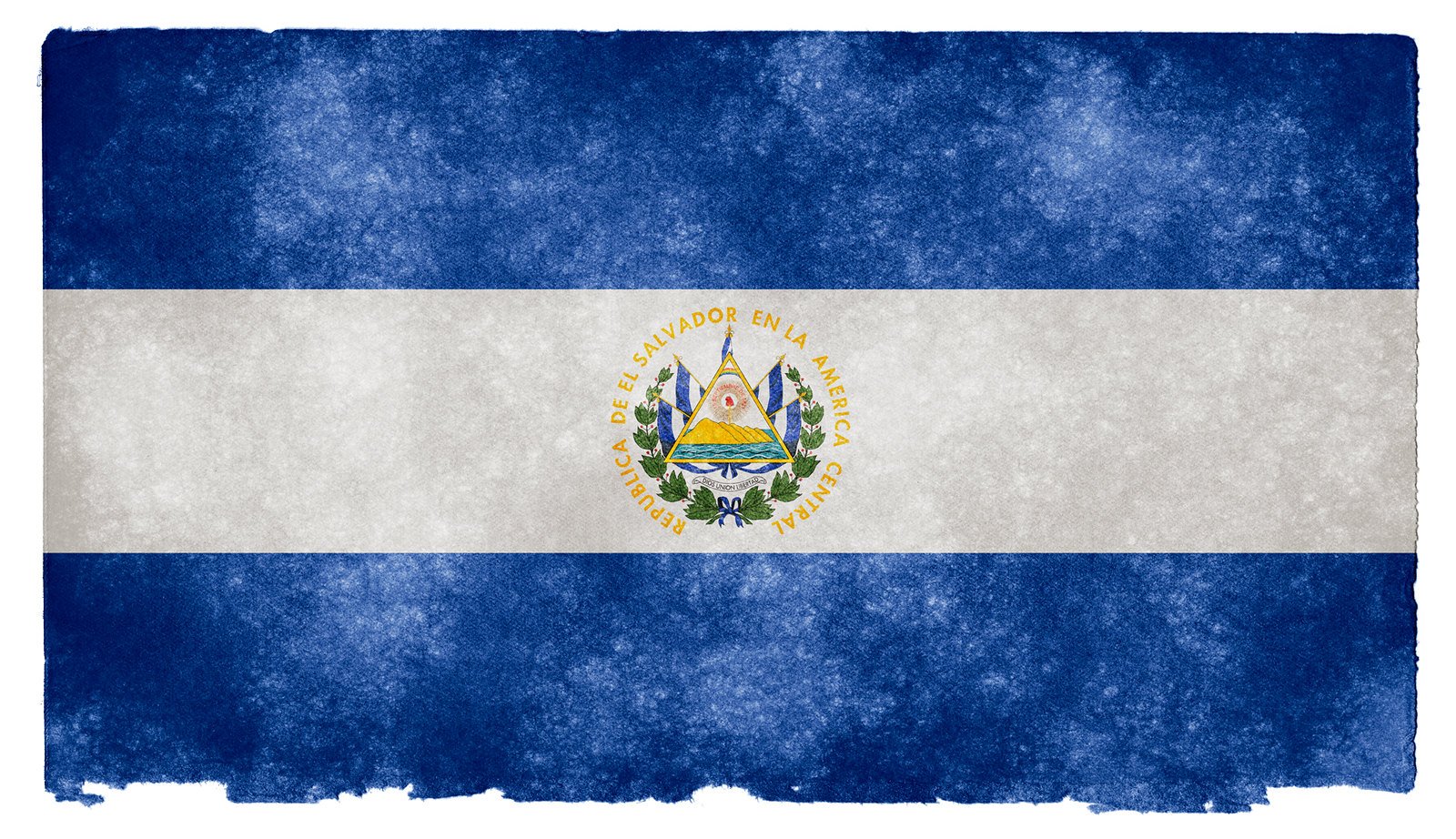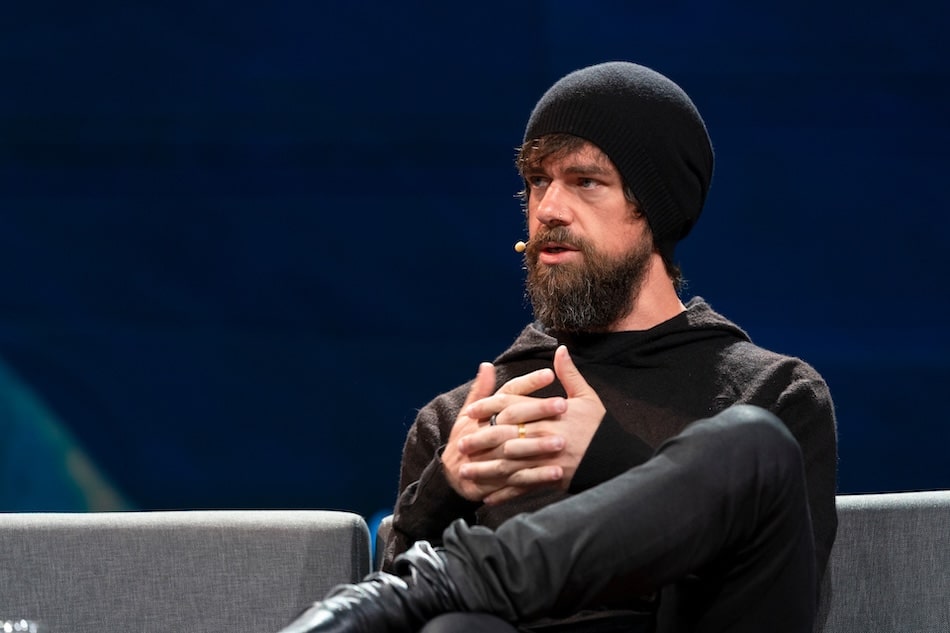
El Salvador has announced intentions to introduce Bitcoin-only banks, expanding on President Nayib Bukele’s ongoing Bitcoin-focused economic policies.
The news was shared via a post on X, signaling the government’s aim to further integrate bitcoin into the national financial system.
Proposal for bitcoin banking institutions
The announcement follows Bukele’s 2024 proposal for a Bank for Private Investment (BPI), designed to allow banks to offer services in both BTC and USD under less stringent regulations.
Milena Mayorga, El Salvador’s Ambassador to the U.S., explained that the BPI model would grant banks greater flexibility, including fewer restrictions on international partnerships and lending limits.
Bukele’s plan outlines requirements such as a minimum share capital of $50 million and at least two shareholders for new BPIs, which could also register as digital asset managers and BTC service providers.
The proposal is still under review by the Technology, Tourism, and Investment Commission.
Economic optimism and institutional pushback
Max Keiser, Bukele’s senior Bitcoin advisor, has expressed support for the initiative, believing it could boost the country’s GDP.
Ark Investment CEO Cathie Wood also predicted increased economic growth due to the adoption of BPIs.
However, some analysts warn about the risks tied to bitcoin’s volatility and the skepticism of international institutions.
IMF concerns and national bitcoin strategy
The International Monetary Fund (IMF) has cautioned against widespread bitcoin adoption, citing concerns about volatility and consumer protection.
According to an IMF report, El Salvador has committed not to make new bitcoin purchases as part of a $1.4 billion credit agreement, stating that recent activity in the country’s bitcoin wallets was merely consolidation, despite government claims of new acquisitions.
El Salvador’s bitcoin holdings have reached as high as $767 million, and the nation continues to pursue state-backed initiatives such as the Chivo wallet and geothermal-powered bitcoin mining projects.
For updated details on El Salvador’s bitcoin reserves, see the El Salvador bitcoin treasury tracker.
Outlook for regulation and financial inclusion
While specifics on regulatory frameworks for these Bitcoin banks remain unclear, officials highlight the potential for expanding financial inclusion in a country where nearly 70% of the population is unbanked.
The government is expected to release further details on the plan in the coming months.



